Brannock Humphries & Berman Prevails in Hard-Fought Ballot Challenge
Following extensive summary-judgment briefing and hours of oral argument, a Hillsborough County circuit court judge struck a proposed transportation tax referendum from the 2022 ballot, agreeing with arguments cultivated by Brannock Humphries & Berman that the ballot language misled voters in violation of Florida law.
The case stemmed from Hillsborough County’s latest effort to impose an additional one-cent sales surtax to fund transportation improvements. A statute passed by the Florida Legislature authorizes the County to levy such a tax, but only if County residents approve it in a general election. The voters did just that in 2018, but the Florida Supreme Court invalidated the measure as violating the statute’s charge that ultimate authority for how to spend the proceeds lies exclusively with the County Commission. While that litigation was pending, the County collected more than $500 million from residents.
Teeing the issue up again, the County Commission passed an ordinance in 2022 to reimpose the surtax. But the ballot language it planned to present to voters glossed over the Supreme Court’s decision. Rather than tell voters they were solely voting, under the statute, about whether to levy the tax, and that decisions about what to do with the money would be left to the County Commission, the ballot language asked voters whether they wanted to make specific improvements, like “fix potholes” and “make walking and biking safer,” in specific places where many voters live, like Tampa, Carrollwood, and Town ‘n’ Country.
Brannock Humphries & Berman brought a lawsuit on behalf of a County resident to argue that the ballot language misled voters into believing they had the power to approve uses of tax proceeds that the Supreme Court said they do not have. The parties cross-moved for summary judgment, and the trial court agreed that the ballot language was unlawful. The trial court found that the ballot language was a political sales job, not an objective summary of the measure, and that it violated established Florida law requiring voters to be fairly informed and not misled.
The trial court’s decision, which ruled favorably on every argument raised in the summary-judgment motion, was a resounding victory for the firm.


